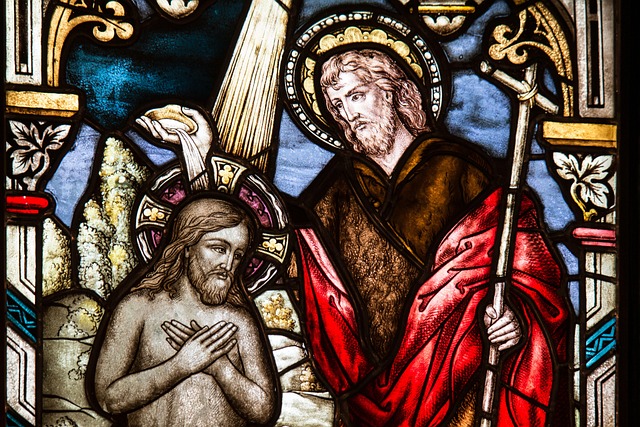Understanding the Significance of Baptism in Religious Traditions
Baptism is more than just a ritual; it is a profound act of faith that has been celebrated across various religious traditions for centuries. This sacred practice symbolizes the initiation into a community of believers and the transformation of an individual’s spiritual journey. Whether performed through water immersion, sprinkling, or pouring, baptism serves as a crucial milestone in many religious beliefs, representing purification, rebirth, and commitment to a faith.
The Roots of Baptism in Christianity
In Christianity, baptism holds a central place in the rites of passage for believers. It traces its origins back to the teachings of Jesus Christ, who himself was baptized in the River Jordan. This act not only affirmed his human identity but also set a precedent for his followers. In the Christian tradition, baptism is often seen as a rite of passage that signifies the individual’s acceptance of Jesus as their Savior, the forgiveness of sins, and the beginning of new life in Christ. The significance is heightened during significant milestones such as infant baptisms, where parents and congregations pledge to nurture the child’s faith, carrying on the tradition of community and support.
Baptism in Other Religious Contexts
While Christianity is perhaps the most well-known tradition that practices baptism, various forms of this ritual can be found in other religions as well. In Judaism, a ritual called Mikvah” holds similar significance, involving immersion in a body of water as a means of spiritual purification. This practice is often observed prior to significant life events, such as marriage or after menstruation, highlighting the importance of purity and renewal.
In other faiths, the symbolism associated with water reflects a universal understanding of cleansing and rebirth. For instance, many indigenous cultures incorporate water into their spiritual ceremonies, using it to signify the washing away of past transgressions and the embracing of new beginnings. This thematic thread of baptism and the cleansing power of water can be seen as a bridging element connecting diverse religious beliefs.
The Emotional and Communal Aspects of Baptism
At its core, baptism is deeply emotional and relational. It involves not only the individual being baptized but also the community that gathers to witness this transformative event. Celebrations are often filled with joy and a sense of togetherness, as family and friends come together to honor the commitment being made. These gatherings reinforce the idea of belonging, as participants affirm their support and love for the individual taking the step into a deeper faith.
The communal aspect of baptism also extends beyond the event itself. It signifies the individual’s entry into a larger faith community where they will continue to grow, learn, and embrace the values upheld by that community. This connection builds a network of support that is vital in a believer’s spiritual journey, emphasizing the collective nature of faith.
Modern-Day Reflections on Baptism
In contemporary times, the meaning of baptism continues to evolve. Many are seeking to understand or reclaim their faith in personal and meaningful ways. Some may choose to undergo baptism as adults, making a conscious decision to affirm their beliefs and take ownership of their spiritual identity. Others may explore alternative expressions of baptism that resonate more with their unique beliefs and experiences.
As society progresses, the practice of baptism is being re-examined and reshaped, allowing individuals to express their faith authentically. This ongoing dialogue about the relevance of baptism in today’s world highlights the adaptability of traditions, ensuring they remain significant for future generations.




